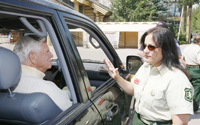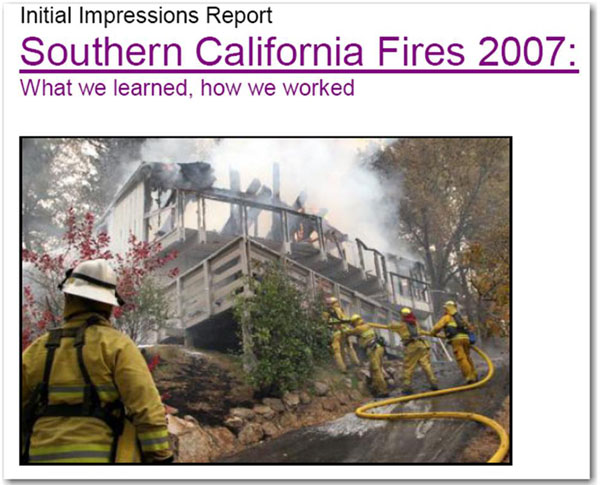The local newspaper in the Kennewick and Tri-Cities area of Washington is very much opposed to what they say is the plan for the U.S. Fish and Wildlife Service to discontinue basing a single engine air tanker at Richland Airport. From the article in the Tri-City Herald:
“…….If you don’t believe us, give Chris Schulte, refuge fire management officer for the Mid-Columbia River National Wildlife Refuge Complex, a call.
He told Herald reporter John Trumbo last week that he only has five fire engines and crews to cover those refuges. But by making the tanker available to the local firefighting agencies, he can call on 85 more engines and crews when needed.
The mutual aid agreement gives the federal government the first 12 hours of mutual aid at no charge. “It’s an incredibly beneficial deal for me,” Schulte said.
By “me,” Schulte means your agency, of course.
You already may be hearing from the Northwest’s political leaders. Fire officials around here are turning up the heat.
“We want local, statewide and national elected officials to intervene in this very poorly thought through decision,” explained Chief Bob Gear of Benton County Fire Protection District No. 1.
With so much to recommend against your agency’s plan for cutting services, they’ll no doubt respond to Gear’s call like it was a three-alarm fire.”






